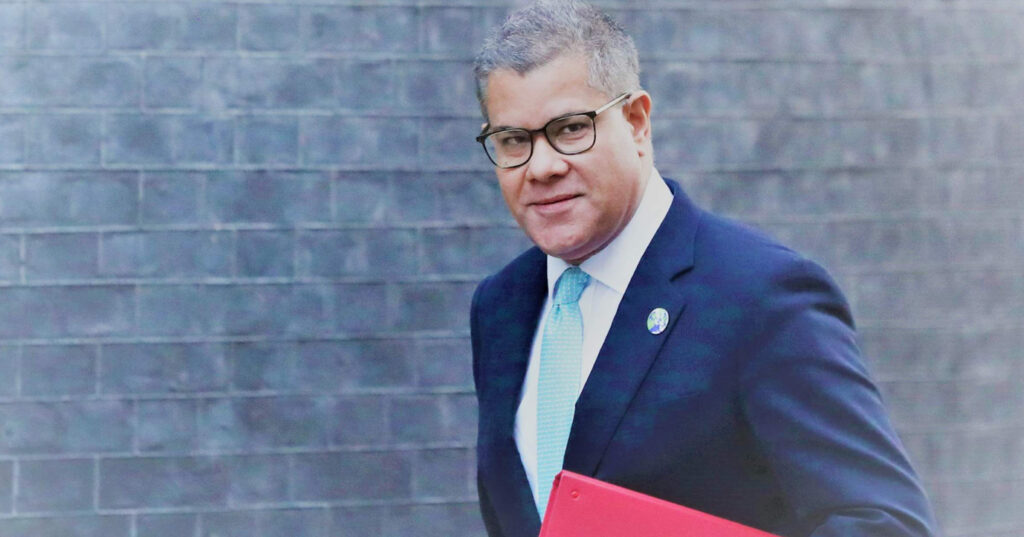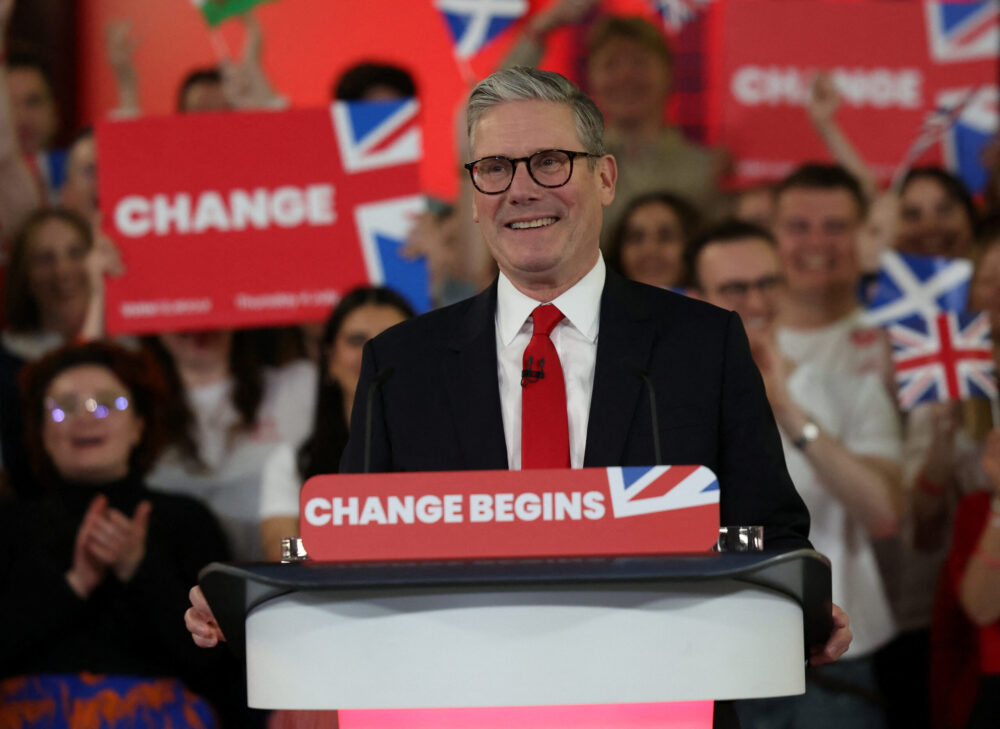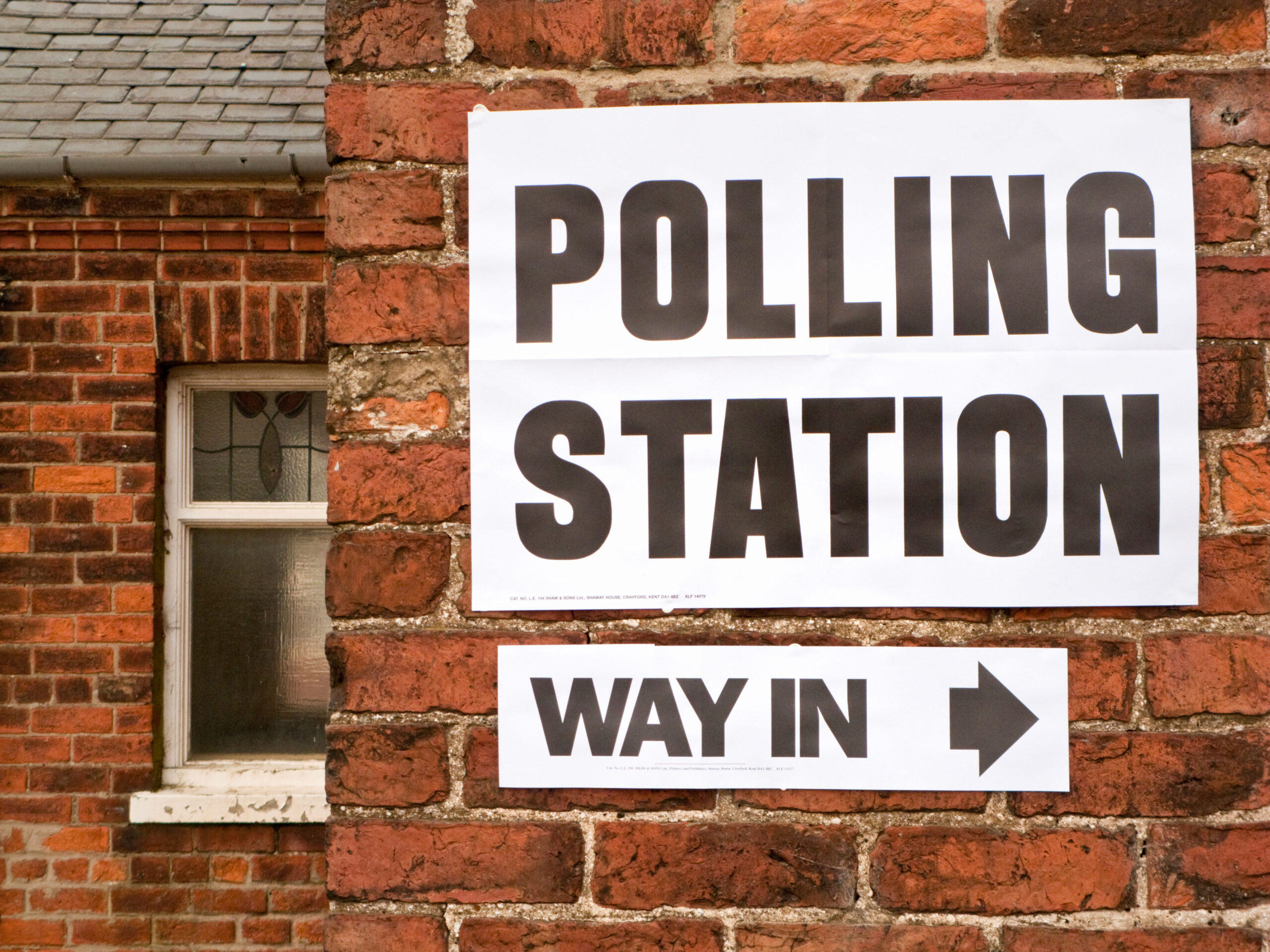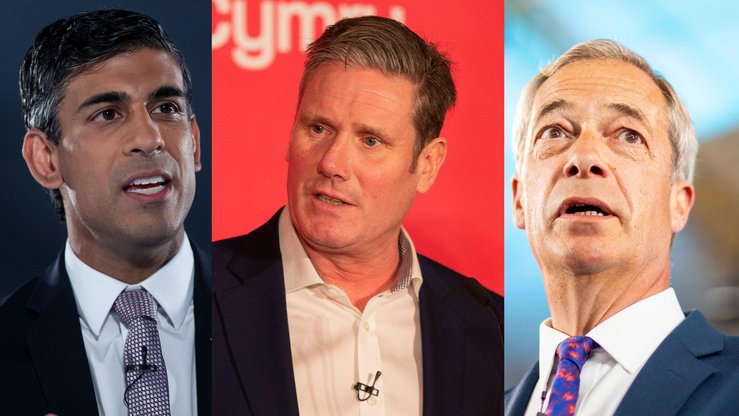
Dear Alok
Congratulations on your richly deserved elevation to the cabinet. The job of International Development secretary is always a challenge for a Conservative politician, given our desire for fiscal responsibility and understandable scepticism among party members over the sanity of fixing aid spending as a proportion of national income rather than determined by need. The struggle must be especially acute for someone who was trained in accountancy.
As you have no doubt already discovered, the Department for International Development seems to see itself as closer to the charity sector that it funds so lavishly then to the rest of Whitehall, which can only look with envy at the department’s constantly-rising budgets. Even as Tory prime ministers oversaw the imposition of austerity policies in Britain, Dfid’s budget doubled in a decade to more than £14bn. Little wonder there is such public concern, since this is more than we spend on our hard-pressed police forces in England and Wales as they grapple with issues such as gang violence, knife crime and cyber-theft.
Although pleased for you personally, I am disappointed the prime minister did not do as he suggested earlier this year by folding Dfid back into the foreign office to maximise the potential of Global Britain. ‘We can’t keep spending huge sums of British taxpayers’ money as though we were some independent Scandinavian NGO,’ Boris Johnson told the Financial Times. ‘The present system is leading to inevitable waste as money is shoved out of the door in order to meet the 0.7 per cent target.’
This apparent shift matches that of some of your predecessors, whose prior scepticism mysteriously disappeared on taking on taking on the job. With his experience working in places such as Afghanistan and Iraq, Rory Stewart had even admitted the public was being duped by politicians claiming they could create jobs in poor parts of the planet and impose stability on fragile states. He pointed to some astonishing sums being frittered away such as £4.5bn spent in Malawi over half a century – yet it ended up poorer.
India provides another example. Though we no longer give aid directly to its government, Britain still spends tens of millions of pounds of aid money in the country, despite its economy being forecast to overtake our own as the fifth biggest in the world. India has both a thriving space programme and its own aid agency giving large sums to poorer nations. These alone are valid reasons to question if it still needs our charity, even if you ignore that nation’s constant struggle against corruption. And a leaked memo from Nirumpama Rao, a former foreign minister, once pointed out the damage caused by the ‘negative publicity of Indian poverty promoted by DFID.’ The drip-drip of such depressing imagery of developing countries as basket cases desperate for Western aid also causes fury in Africa.
I am glad you have already managed to visit Uganda to highlight the fight against ebola. Few critics, not even sceptics such as myself, would begrudge aid going on the vital struggle to defeat this cruel disease when almost 2,000 people in the Democratic Republic of Congo and surrounding areas have already lost their lives. But nor should we avoid the facts. One reason the last outbreak in West Africa took off so tragically was the failure to control and monitor aid spending, resulting in weakened local health sectors. A British parliamentary inquiry found the European Union gave £19m in the year before the devastating outbreak to Liberia’s health ministry, but only £2.5m reached its destination. No wonder academics have used this country as a case study in aid’s failure to stabilise fragile states. Western donations also poured into Sierra Leone, despite systemic corruption in the health services that failed to thwart the ravage of ebola when it struck with such appalling force.
You have highlighted the difficulties of delivering life-saving ebola treatment in a conflict zone. So perhaps you should ask why we keep pumping money into despotic states run by leaders with bloodstained hands such as Rwanda, the cause of so much misery in the region, and Uganda, which was even found to have been inflating refugee numbers in its most recent aid scandal last year.
If we believe in the concept of Global Britain, as I do, then surely we should stand as a beacon of democratic values in a dark world. Instead Dfid ignores the wisdom of development experts who point out that these massive aid flows can achieve the opposite of their aims by undermining the evolution of democracy, especially when showered on societies under the thumb of repressive regimes. Other critics say it fosters conflict and corruption. I know there is so much cash swilling around this sector it is hard to find untainted experts, but might I suggest you listen hard to those without a personal stake in the aid boom rather than those consultants and charity chiefs who make their living from the aid industry?
Unlike many commentators, I believe this to be an exciting time as Britain strikes out boldly to reassert our independence as a nation. Disruption can be a creative process, as I have seen often in the business world, and Westminster definitely needs to be shaken up. This makes it an ideal time to look again at the sheer lunacy of having a fixed aid target that is swelling each year despite the decline in poverty around the world and number of urgently pressing domestic issues.
I know many Tories who want to help those in desperate humanitarian need, but few who think this target is the right way to go about it. Some fear that the mega-charities, which failed to stop gross abuse by staff, will claim the ‘nasty party’ is back if the Conservatives dare to ditch their precious aid target. But if you want to help the world’s poorest people while setting Britain on a brave new course for the future, please turn off those golden taps and change course, so our success in this field is measured by the good we achieve, not just by how much we spend. It is both right, popular and smart – a rare mix in politics.
Yours sincerely,
Michael


